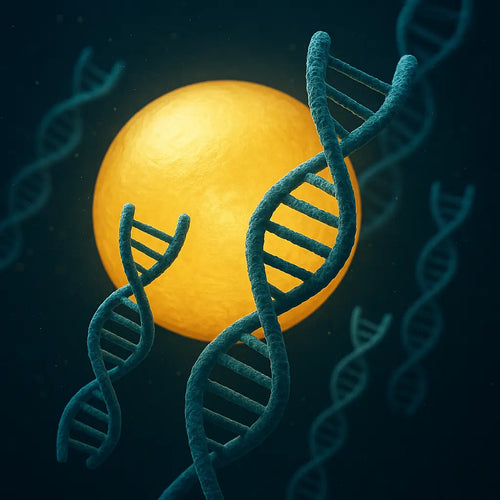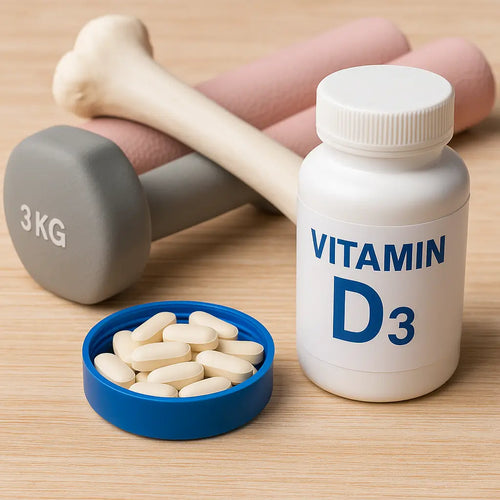Results of a large study suggests two mechanisms involved in the aging process (Zierer J, et al. 2016). The research involved 3,511 women and the results were replicated in an additional 904 participants.
They found metabolites indicating increased oxidative stress due to alterations of the glutathione metabolism.
This has previously been related to shortened telomere length and aging. These metabolites were also correlated with functional measures of aging like decreased lung, liver and kidney function and higher blood pressure.
Glutathione is an antioxidant mainly produced in the liver which is also involved in detoxification. The research highlighted the importance of detoxification of especially the reactive oxygen species involved in aging.
Since the body is making glutathione should that be a problem? Yes it is, since we are producing less glutathione as we get older, and at the same time, actually using more.
We can, however, do something about that by taking s-acethyl glutathione which will help to replenish the glutathione in the cells. This is very effective. Regular reduced glutathione is however not very effective since it is oxidized in the stomach and very little is absorbed. Glutathione needs to get into the cells and s-acethyl glutathione does that.
Effective S-Acetyl Glutathione

Glutathione is your primary defense against aging, but regular glutathione is oxidized (destroyed in the stomach) and provides little value. S-Acetyl Glutathione is easily absorbed and provides protection.









